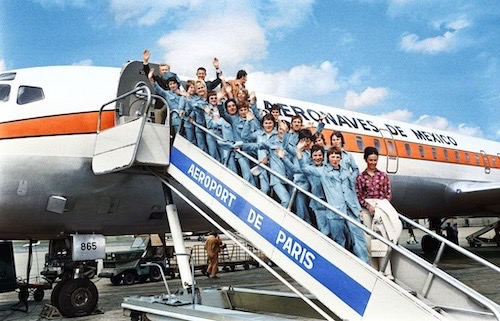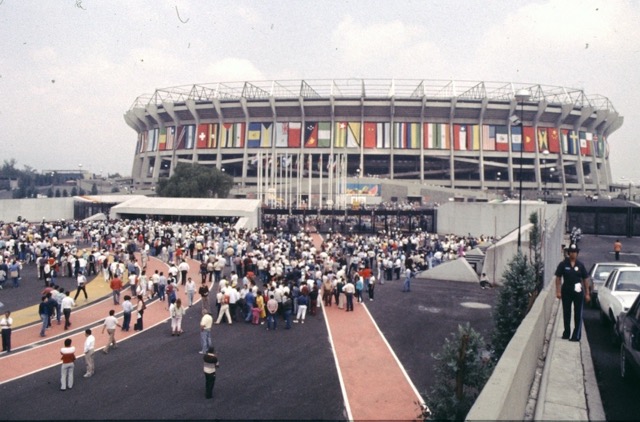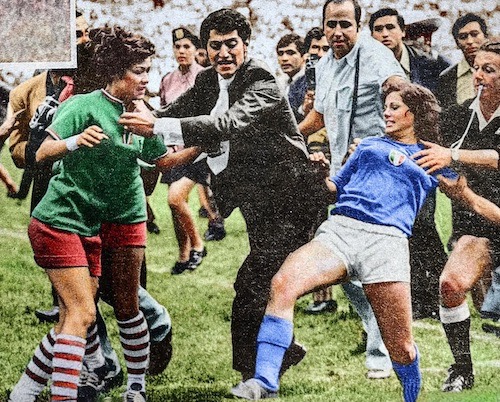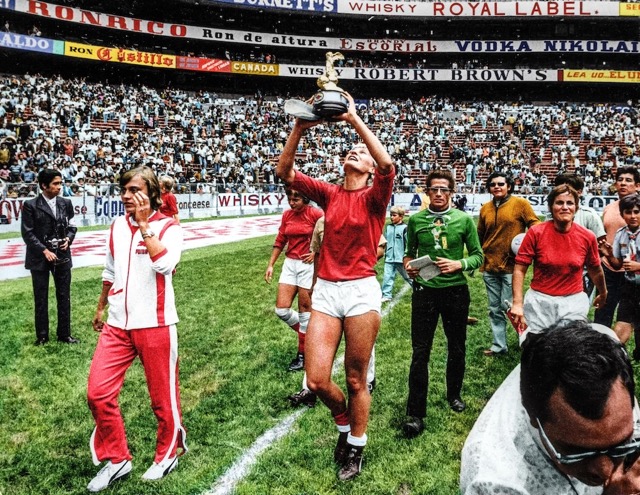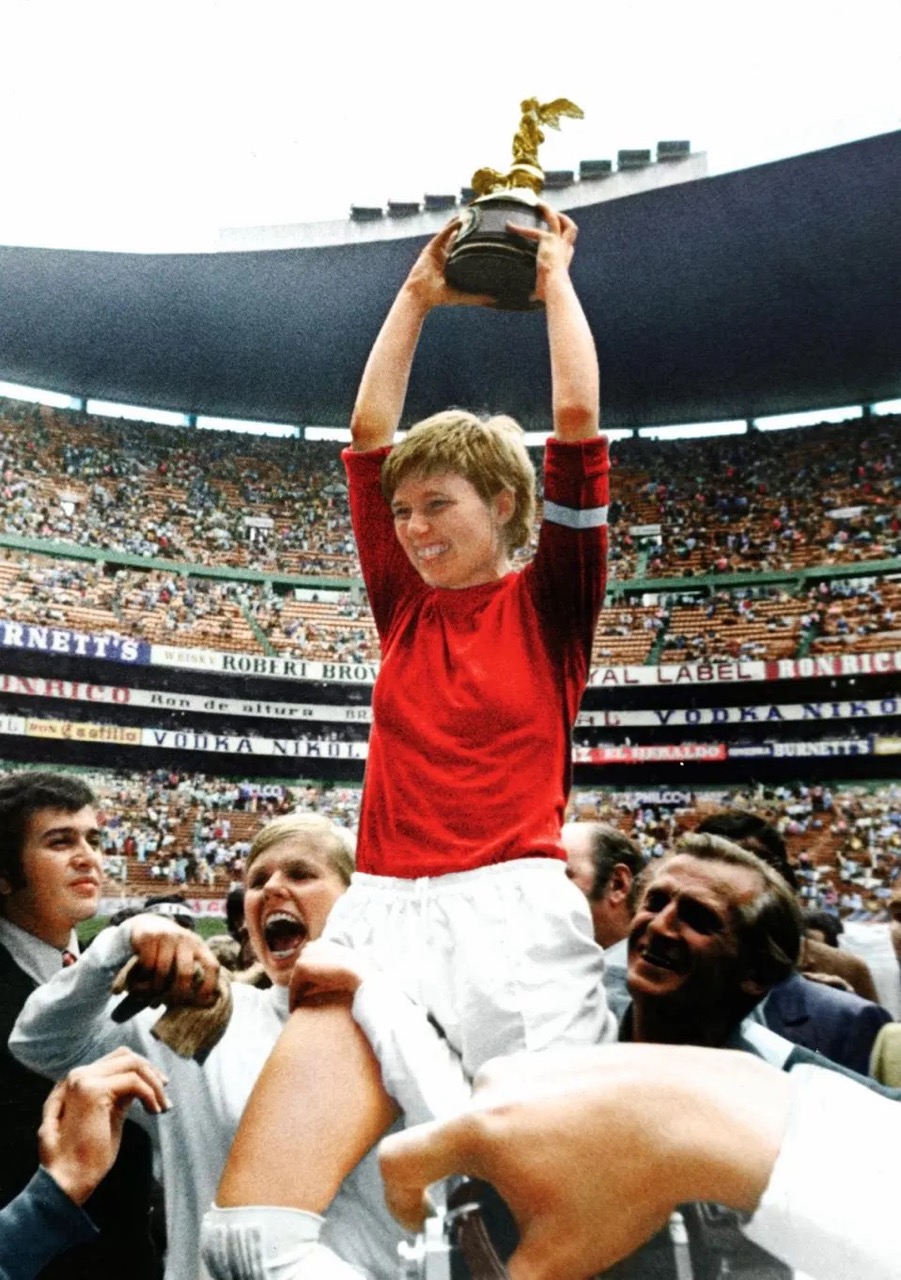1971
City
Venue
Mexico City
Azteca Stadium
Guadalajara
Jalisco Stadium
Puebla
Cuauhtémoc Stadium
In 1971, an English side had just competed for the first time in a World Cup and returned to find one national title telling its readers: 'Don't laugh — one day there may be a female Arsenal.'
It was short lived, but for three memorable weeks in the summer of 1971, women's football flared brightly like a comet, before crashing back down to earth again. After the 1970 men's world cup in Mexico City, football fever was once again sweeping the host nation, but this time for an unofficial women's World Cup, organised by the Federation of Independent European Female Football (FIEFF). There had been a similar tournament the year before, in Italy, which saw Denmark claim the title. However, due to its scale and legacy, Mexico’s 1971 Women’s World Cup is regarded as the first major Women’s World Cup.
‘Mexico '71 was a success because the organisers did not assume it would be a commercial or sporting failure. It was sold and promoted as a football tournament, one that just happened to feature women.’
— Jean Williams, Hidden Histories of Women's Football
A spectacular interest in the tournament grew, as it was publicised all over the media, with mascots created, banners printed and merchandise sold. The players were treated as sports superstars: for them, this was a life-changing moment, as they were used to playing to no crowds and no interest. Mexico City buzzed with excitement for the tournament, and the conditions were created for an impressive, record-breaking, mass-event.
